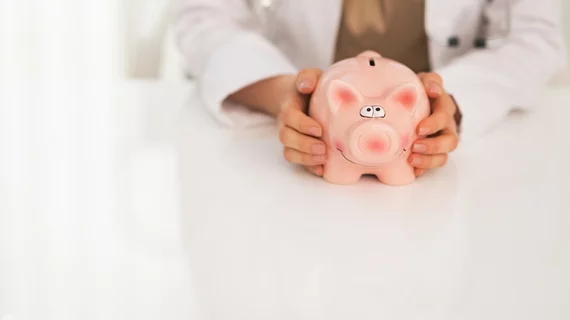As healthcare prices in the United States have risen over the past several years, more and more Americans are struggling to pay for care.
According to The West Health-Gallup Healthcare Affordability Index and Healthcare Value Index, an estimated 112 million American adults, or 44% of the population, are struggling to pay for healthcare. Worse, more than double––93%––feel what they pay for is not worth it.
The index, created by the nonprofit, nonpartisan organization West Health and Gallup, the global analytics and advice firm, draws from the opinions of more than 6,600 American adults in what is one of the largest surveys on the state of healthcare during the COVID-19 pandemic. The Healthcare Affordability Index assesses the public’s ability to afford the healthcare they need, while the Healthcare Value Index synthesizes Americans’ perceptions of the quality-of-care relative to cost.
“These indices are tracking the healthcare cost crisis in America and its impact on everyday Americans,” Tim Lash, president of West Health, said in a statement. “Bottom line––Americans are increasingly getting priced out of the system and many of those who can still afford to pay don’t think they’re getting their money’s worth relative to the cost. We must begin to change this trajectory with smarter policies that put patients over profits.”
The findings come as national health spending has topped $4 trillion. Current projections also indicate spending will increase 5.4% annually to reach more than $6.2 trillion by 2028.
The affordability sentiments among Americans are concerning, as it could lead to detrimental health outcomes down the line. The index classified respondents as “cost desperate” if they faced three financial challenges: inability to pay for needed medical treatment over the prior three months; skipped prescribed medication due to cost over the prior three months; and inability to afford quality care if it was needed today.
According to the index, 36% of Americans are cost insecure, while 8% are cost desperate and 56% are cost secure. Men were more likely to be cost secure compared to women (60% to 53%), while Hispanics were less likely to be cost secure compared to their white counterparts (51% to 58%).
Health unaffordability has led some Americans to make tough choices. For example, 35% of cost desperate folks have cut back on utilities, and half have cut back on food in the past 12 months to pay for necessary healthcare. Sadly, within this group, 14% say they know a friend or family member who has died in the last 12 months after not receiving care due to their inability to pay for it.
“These estimates are important resources for policymakers, researchers, and the public to evaluate and understand the burden of high healthcare costs,” said Dan Witters, a senior researcher for Gallup. “The indices paint a comprehensive picture of why Americans are unable to keep pace with the rising costs and don't see value in the care they are receiving.”

